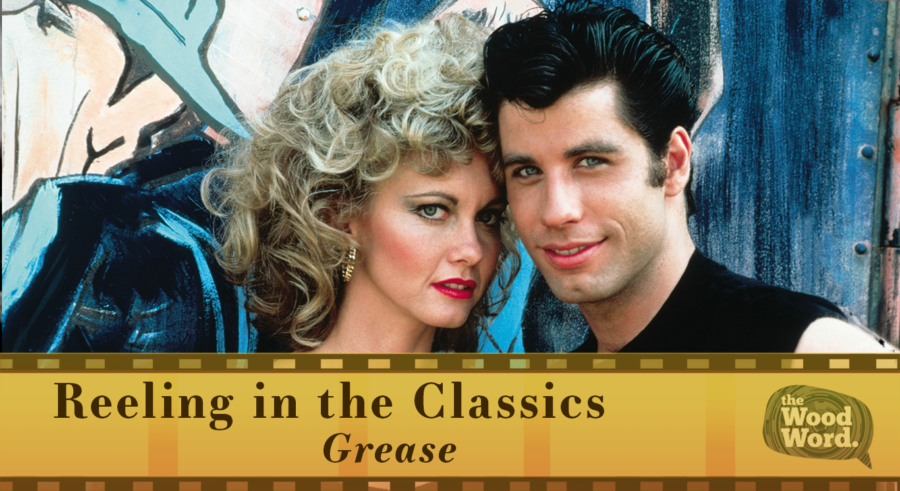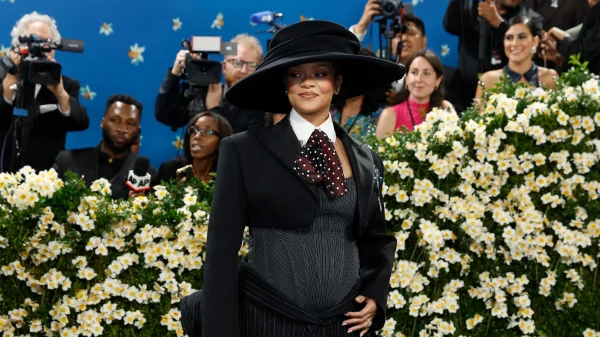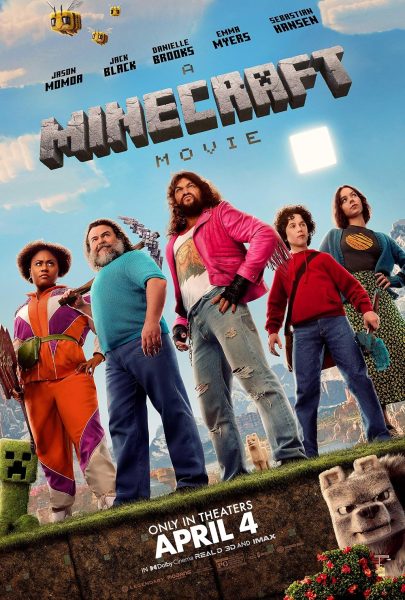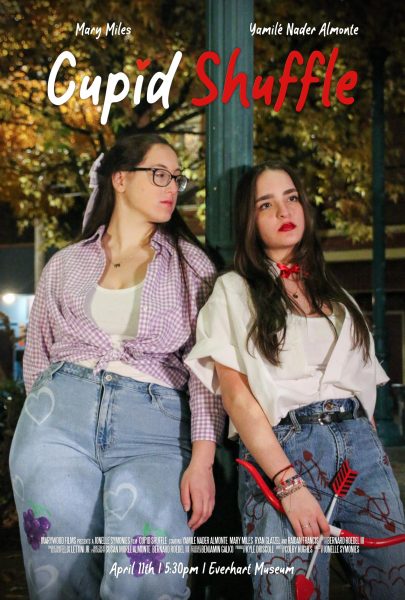Reeling in the Classics: Grease
Photo credit/ Jennifer Flynn
Staff Writer Brianna Kohut reviews the 1978 musical comedy “Grease”, and talks about how standards have changed since it came out-both in its time period of the 50s and its release date of the 70s.
With Marywood’s commencement ceremonies recently concluded, I think it’s appropriate to talk about a movie that ends with a triumphant graduation, albeit a high school one. A musical romantic comedy that takes place in the 1950s, “Grease” is not generally seen as a controversial movie. However, looking at how standards have changed, from both the 50s and the 70s when this movie was made and released, and how that is reflected within the movie, is certainly worth discussion.
“Grease”’s original form was that of a Broadway musical in the early 70s, created by the duo of Jim Jacobs and Warren Casey. While the original medium of this musical, the stage, continues to see popularity – with a West End production of the show last year – its 1978 film form is its most enduring legacy. The production of the movie was free of controversy, aside from concerns about the lead and supporting actors looking too old to be the high schoolers they portrayed. The movie added a handful of new songs, mostly as background music, but the basic plot remained the same.
Australian transfer student Sandy (Olivia Newton-John) and greaser gang leader Danny (John Travolta) begin their senior semesters at Rydell High School in 1958, but there’s one catch: they met and started to fall in love with each other during the summer before starting their senior year. After meeting back up, Danny unintentionally rebuffs her feelings while attempting to appear “cool” to his gang, resulting in her leaving in a teary huff with the school’s female clique, the Pink Ladies.
From there, the rest of the movie consists of Danny trying to win her back and show how much he loves her, with various mishaps along the way. Subplots include the greasers participating in a street race with another gang and Pink Ladies leader Rizzo (Stockard Channing) thinking that she might be pregnant. All of this is set to some very catchy and iconic musical numbers that feel straight out of the 50s, including “You’re the One that I Want” and “Greased Lightning.”
The film’s budget was $6 million, and it was by far the most successful movie I’ve talked about this year, grossing $396 million worldwide at the box office. Rotten Tomatoes views it quite favorably, with a 77% from critics and a 87% from audiences, while IMDB is a little less kind with a 7.2 out of 10.
This film launched Newton-John’s career and she remained relevant and well-liked until her death last year. As for Travolta, Danny is perhaps his most iconic role besides Vincent Vega from “Pulp Fiction.” In 2016, a live version of the movie was performed on Fox to great acclaim, and it’s safe to say this story and its songs, no matter the medium, will remain popular for decades to come. In fact, its 45th anniversary, with a theatrical re-release in commemoration, occurred in May in select theaters.
But with this anniversary should come the examination of a handful of scenes in the movie. I will admit some parts of it have not aged well. Because while it did do a lot of things right, such as treating whether or not Rizzo might be pregnant as a teenager with all of the seriousness it deserves, when it comes to the main relationship between Danny and Sandy, there are also a couple of things it did wrong. Looking at these scenes serves as a good examination of how standards for relationships have changed from both the time of the movie’s setting in 1958 and the film’s release in 1978.
The main scene I’m referring to is the one at the drive-in that serves as the lead in to Danny’s solo “Sandy,” where Danny is trying to make amends with Sandy after leaving her hanging during the school dance. He gives her a priceless ring, and all seems like it’s going well. However, spurred by the moment, as well as seeing a bunch of his peers doing the same thing, Danny starts to try to push Sandy to the bottom of the car so they can have sex. Understandably embarrassed and humiliated, Sandy yells at him for trying to do that when she wasn’t ready and leaves the drive-in on foot after returning the ring. He yells after her, but after it’s clear she’s not coming back, he wanders away, despairing, to sing “Sandy.” The song itself is about how desperately he wants to be with her despite the mistakes he keeps making, praying for her to stay and allow him a chance to make things right.
It’s quite obvious to me what the problem with this scene might be, even if that was the point. In the context of the 50s setting of the movie, behavior was mostly conservative and word about something like this taking place would probably be completely ignored, at least by most people. In the context of the 70s when the movie came out, women were definitely being given more of a voice, so the dissonance between time periods would certainly shock audiences, though it was all for entertainment purposes.
In the modern day, with women having even more of a voice than ever, the scene is certainly uncomfortable to watch, even though it doesn’t go nearly as far as some other moments in other movies. In fact, one might even cheer for Sandy as she yells at him and runs away, and be confused and angered at Danny wanting her back despite what he’s just done.
All in all, it’s an interesting examination in how the standards of relationships have changed over the decades. In all honesty, that scene is the worst one in the movie, with the rest of their scenes being an exploration of teenage love that is both cute and realistic. The movie ends positively, as typical for a musical of the time. Danny and Sandy now understand each other better and become a couple, and it turns out Rizzo wasn’t pregnant after all. But if that scene at the drive-in ruined the movie for some modern first-time viewers, I would not be entirely surprised.
The acting is great, the music is supremely catchy and the climax is really fun, if a little cutesy. But it’s also important to look at Danny’s actions in this movie as what not to do in terms of winning the heart of a girl you like.
Contact the Writer: [email protected]

Brianna Kohut is a senior Multimedia Communications major with a minor in Writing. She is also a DJ for VMFM 91.7. When not writing or serving popcorn...









